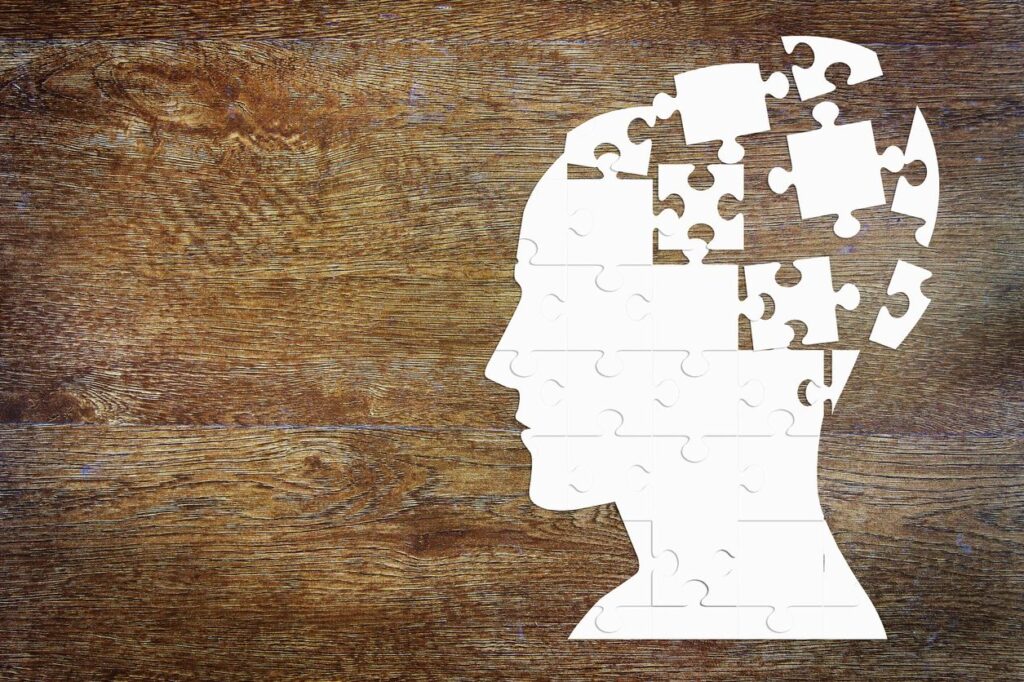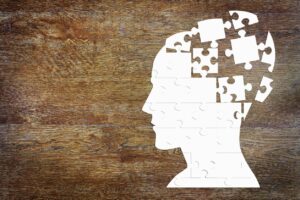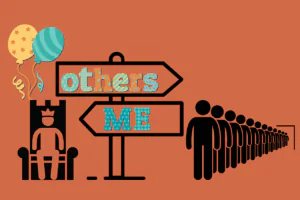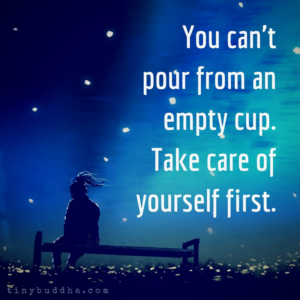Guest post by Marina Lisjonok, MSW, E-CYT, RRT
You probably have heard of PTSD (Post-Traumatic Stress Disorder), a psychiatric condition that can result from an experience with traumatic events. Symptoms of the disorder may include flashbacks, panic, anxiety, hypervigilance, intrusive thoughts, agitation, sleep disturbances, and more. What you may not have heard of, though, is how PTSD can be treated by Rapid Resolution Therapy and Yoga.
In Rapid Resolution Therapy (RRT), the focus is on how the mind processes information from an event. Some information is processed very easily and stored away. Recalling this type of information doesn’t create an emotional response, you feel neutral.
Related Reading: What is Rapid Resolution Therapy?
Information from a traumatic event, however, comes in big emotions and images with the highest resolution. It is blown out of proportion, especially when the mind attaches meaning to it. The information seems to get stuck, and the mind has a hard time processing it and storing it away.
Whenever you think about the traumatic event or are subject to a circumstance that reminds you of it, your unconscious mind reads this stuck bit of information as if it’s actually happening in the here and now. In response, your unconscious mind produces a thought, emotion and/or sensation to do something about it now. Not yesterday, not a year ago, not tomorrow, Now.
Your mind is not on a mission to produce misery for you. It tries to protect you to ensure you survive and thrive. However, it’s been doing this in a useless way, which only causes you mental preoccupation and emotional disturbance. It’s causing you to do something you don’t need to do in response to something that no longer exists.
Rapid Resolution Therapy Techniques
Looking at PTSD through this lens gives us power in therapy because we can do something about clearing this “stuckness” from the mind. An RRT therapist knows how to shrink and break up this blown-up glob of information. This allows the mind to process it all the way through and store it away. The mind is then clear and free and you are no longer affected by the memory of the traumatic event(s). Instead, you become more connected to your power, your knowledge, and your wisdom.
In RRT we don’t have you relive your trauma. We aim for immediate results through a natural and automatic shift on both unconscious and conscious levels. You don’t need to go into detail describing the traumatic event. We only ask for a “headline” and enough information for us to really understand how it’s been for you.
The RRT therapist takes the reins and leads you through a lighthearted, empowering process of clearing the stuck information that has been causing distress. We use humorous stories, non-threatening or even funny visualizations, uplifting language, and memory consolidation techniques. We want you to feel happy with the results and satisfied over time, due to a natural and automatic shift in the mind.
PTSD Yoga Therapy
During traumatic events, the brain often uses dissociation (disconnecting from conscious awareness or leaving the body) so you don’t feel physical or emotional pain. This defense mechanism can save you during a traumatic event. However, losing touch with your body because your mind thinks it’s unsafe becomes problematic when dissociation continues after the event and activates out of nowhere during a time when you do not need to be saved or protected.
Yoga can be useful as a PTSD therapy technique. It can help you to come back to your body and feel comfortable and safe in it. Yoga practice is meant to soothe, calm, and decompress the nervous system. It can release stress and bring you into the present – the Now – where nothing dangerous or threatening is happening. Connection to your breath is one of the ways to bring awareness back to your body and regulate your nervous system. Through this your mind can feel clearer and your body naturally more comfortable.
Physical restorative yoga postures can provide comfort and safety. Active visualization and meditation can give you the power to choose what you see in your mind. It teaches you how to replace flashbacks with desirable images and replace disturbing thoughts with more valuable ones.
Yoga can give immediate results but has more power when it is practiced regularly. Ongoing practice helps the brain destroy old emotional neuropathways and build new ones.
I recommend first going through an RRT process to help your mind shift, process, and store away stuck information. Then you can follow up with yogic practices to associate your mind and body in the present rather than the past.
If you are struggling with PTSD and live in Illinois, therapists at Life Care Wellness can determine which treatment options may be right for you. Our therapists provide PTSD Therapy in Chicago and the surrounding area. Please reach out to us in our northern Illinois locations in Glen Ellyn, Chicago (Jefferson Park), and Sycamore.
Using her previous background in nursing, work as an Experienced Certified Yoga teacher, and a Master of Social Work, Marina Lisjonok helps her clients heal. She combines counseling techniques with yogic practices in group and individual sessions to create a safe space and to empower clients to use new tools for self-exploration and discovery. Marina’s goal is to help clients regain physical, mental, and/or spiritual well-being and a revived enthusiasm and excitement about life. She offers services in English and Russian in the Glen Ellyn office of Life Care Wellness.





